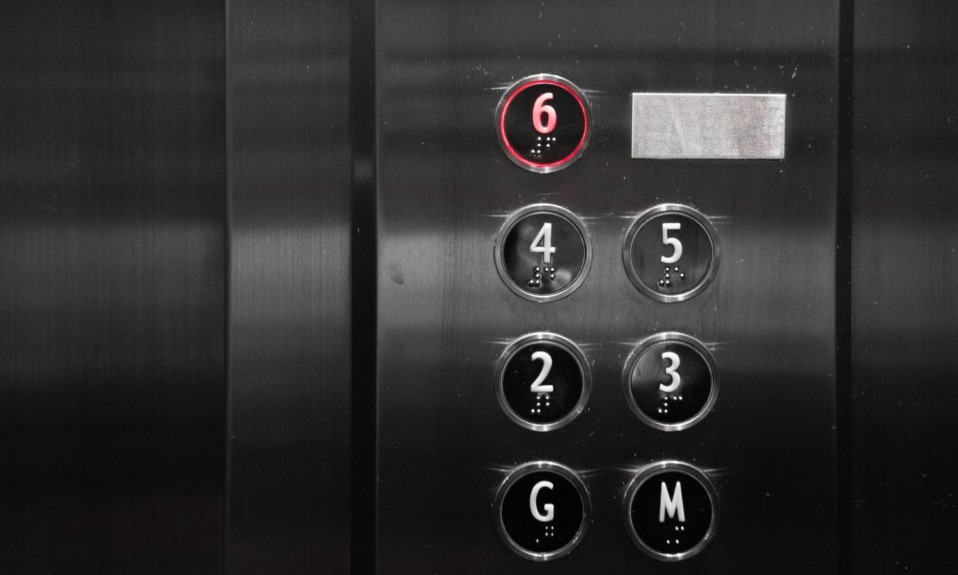| Addiction Treatment Industry Newswire |
 04/01/2014 -ATIN – Throwing some cold water on the possibility, however remote it ever was, that a thriving Malibu style high-end addictions care marketplace might appear in The Hamptons following the astonishing relative ease with which ‘entrepreneur-in-recovery’ Joe McKinsey founded The Dunes East Hampton several years ago, the town of East Hampton, neighbors and even, according to McKinsey’s counsel, addiction treatment competitors are rearing up on their NIMBY hind legs and attempting to be as big a nuisance as possible for McKinsey and his, quite frankly, rather pioneering Dunes addiction treatment venture. It’s gotten to the point where McKinsey has found it necessary to push back, filing a lawsuit 04/01/2014 -ATIN – Throwing some cold water on the possibility, however remote it ever was, that a thriving Malibu style high-end addictions care marketplace might appear in The Hamptons following the astonishing relative ease with which ‘entrepreneur-in-recovery’ Joe McKinsey founded The Dunes East Hampton several years ago, the town of East Hampton, neighbors and even, according to McKinsey’s counsel, addiction treatment competitors are rearing up on their NIMBY hind legs and attempting to be as big a nuisance as possible for McKinsey and his, quite frankly, rather pioneering Dunes addiction treatment venture. It’s gotten to the point where McKinsey has found it necessary to push back, filing a lawsuit  based largely on the federal Fair Housing Act and Americans with Disabilities Act, ADA, as well as allegations that local officials are basically totally, and unreasonably, reneging on their former very welcoming stance toward The Dunes. based largely on the federal Fair Housing Act and Americans with Disabilities Act, ADA, as well as allegations that local officials are basically totally, and unreasonably, reneging on their former very welcoming stance toward The Dunes.
On the Case On the case for Mr. McKinsey is DC-based addictions NIMBY attorney Steve Polin, whose pioneering work going back to the early 1990s, and particularly for the now huge non-profit Oxford House group of sober living homes, has established bedrock legal precedents that have proven invaluable in protecting treatment centers and sober living homes against what are often highly prejudicial and hugely restrictive attacks by municipalities, residents associations and other NIMBY groupings. The action Polin has filed, in the U.S. Eastern District of New York against the Town of East Hampton and its Zoning Board of Appeals, is in many ways a fairly standard Fair Housing and ADA action, but the lawsuit is also astonishing, mainly because of the complete 180 degree flip in local official attitudes toward Safe Harbor Retreat LLC, which is the entity that owns The Dunes, that the suit describes and alleges. The suit tells a tale of a town that was highly welcoming of Mr. McKinsey and his Dunes center going back as early as 2010 and later on expressing deep appreciation for the scholarships The Dunes brought to those locally in need. (Some of the non-profits in this industry would blush Suit Outcome Could Have Key Local Influence Given the increased addiction treatment entrepreneurial activity lately on Long Island, both for-profit and non-profit, the outcome of McKinsey’s and The Dunes action, especially if a judge awards damages based on egregious and obvious violations of established precedent and law by East Hampton, as well as generally obvious prejudicial bias and actions on the part of town officials, could have a chilling impact on other area municipalities wanting to give treatment operations a NIMBY hard time. Of course, the opposite would be true if The Dunes were to lose the case, but Polin says he believes he has a strong one. read our STORY ON A BIG NEW CENTER PLANNED FOR RIVERHEAD, NY read our STORY ABOUT A NEW LUXURY CENTER APPROVED IN BROOKLYN POST YOUR COMMENTS BELOW… start a debate! |


 with embarrassment if they saw the size of the charity care line items of the supposedly greedy for-profits.) That all began to change, the suit alleges, in late 2011 after a New York Post newspaper article got the goat up of a local competitor of The Dunes, who complained to East Hampton officials. Things have gone downhill since then, with the bottom line that East Hampton has reversed its accommodation defining The Dunes as the functional legal equivalent of a family residence unit despite the fact the town continues to give such accommodation to dormitories of boarding schools and the like, according to the suit. Joe McKinsey is challenging that reversal of reasonable accommodation in his suit against East Hampton and its Zoning Board of Appeals, among other things.
with embarrassment if they saw the size of the charity care line items of the supposedly greedy for-profits.) That all began to change, the suit alleges, in late 2011 after a New York Post newspaper article got the goat up of a local competitor of The Dunes, who complained to East Hampton officials. Things have gone downhill since then, with the bottom line that East Hampton has reversed its accommodation defining The Dunes as the functional legal equivalent of a family residence unit despite the fact the town continues to give such accommodation to dormitories of boarding schools and the like, according to the suit. Joe McKinsey is challenging that reversal of reasonable accommodation in his suit against East Hampton and its Zoning Board of Appeals, among other things.










